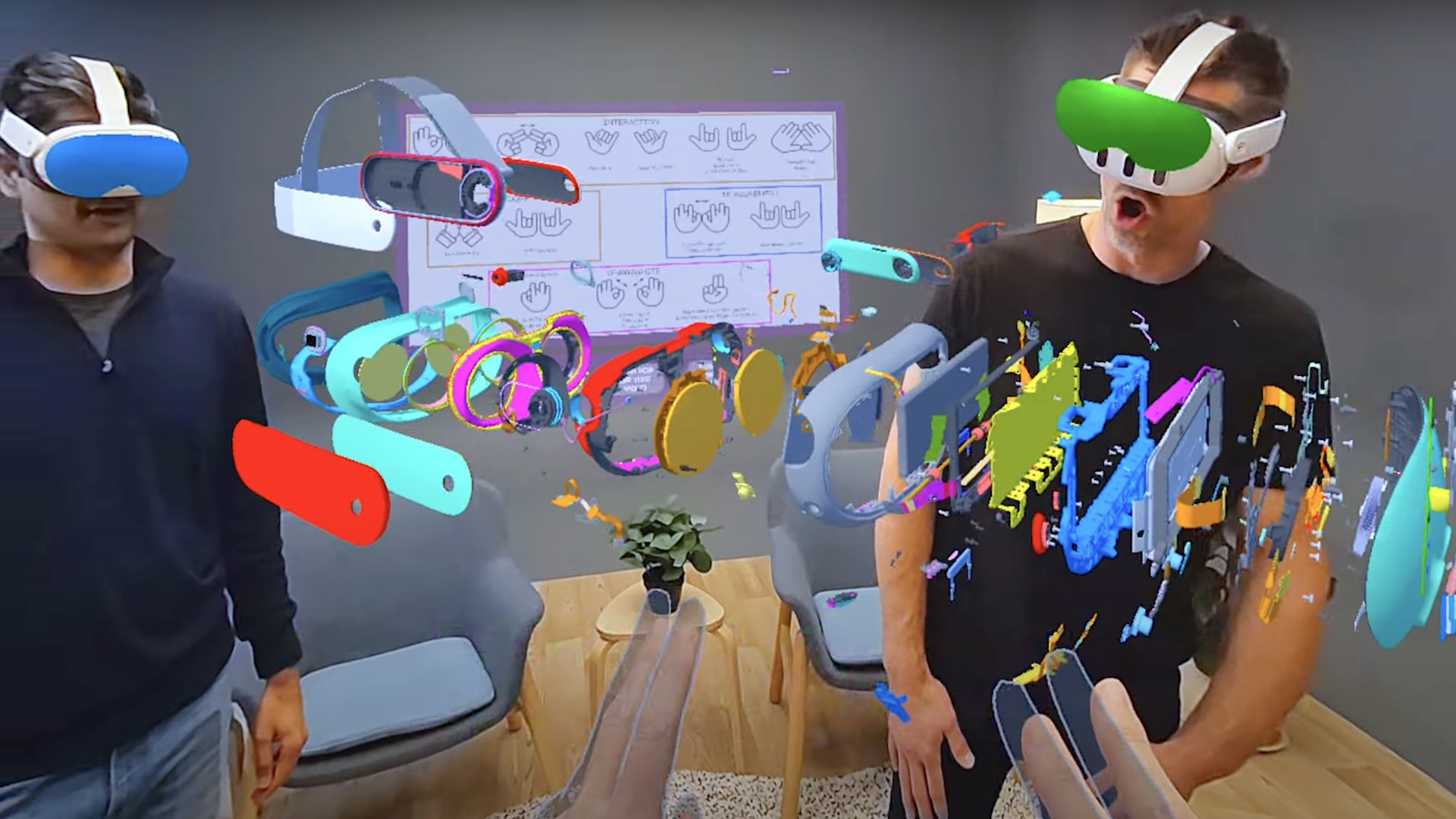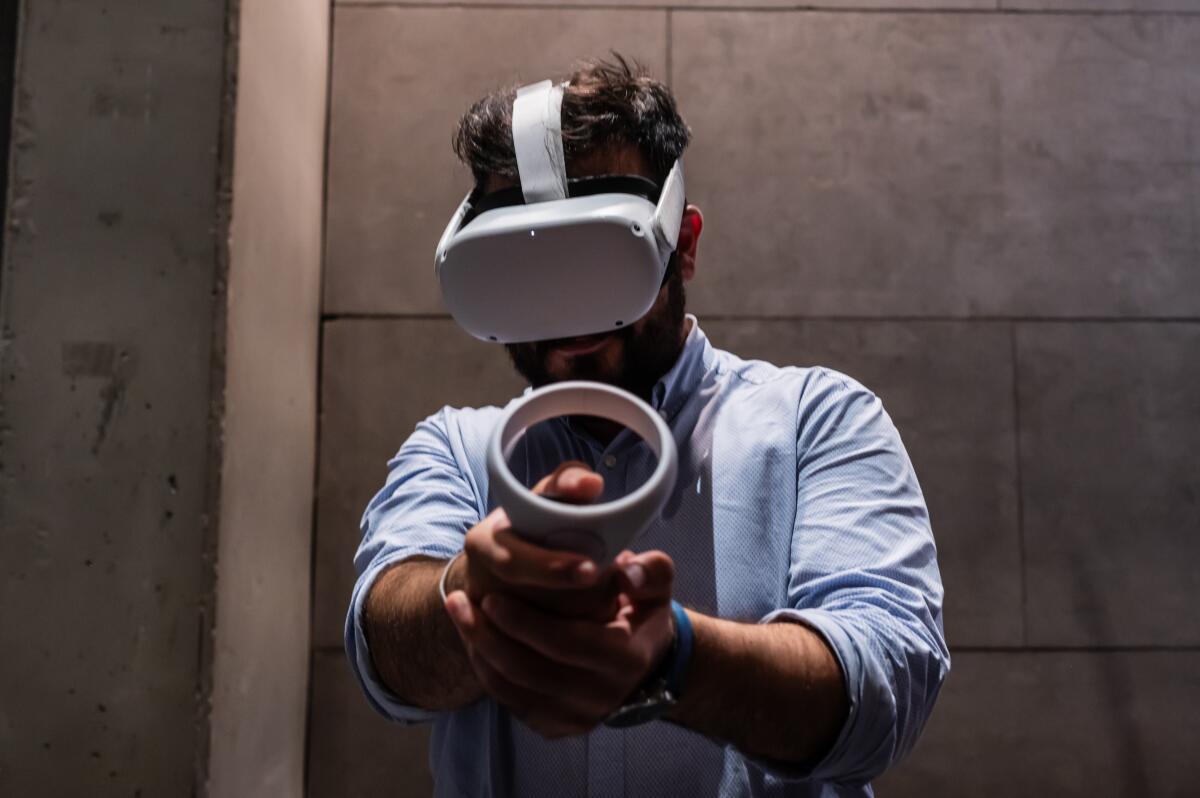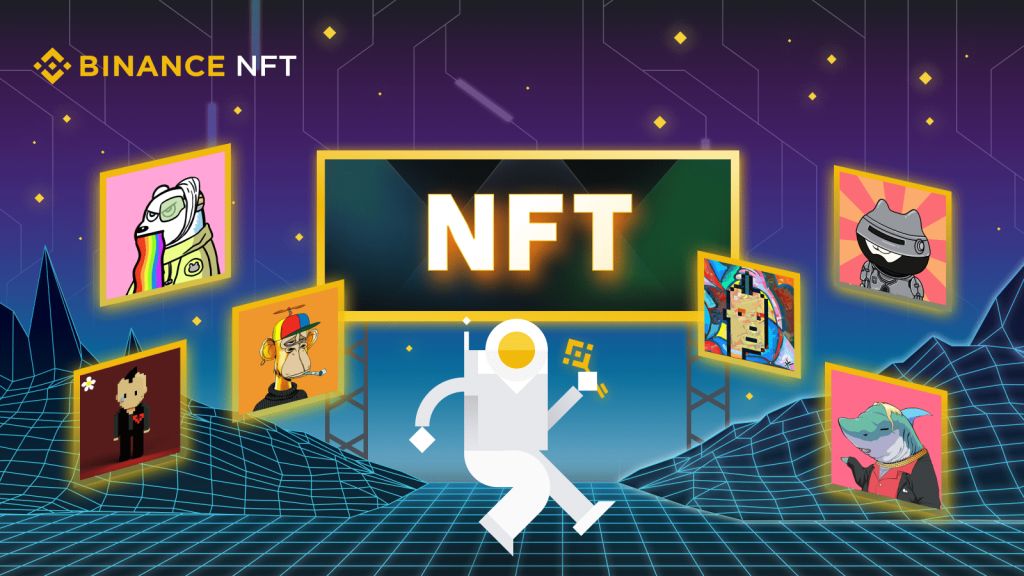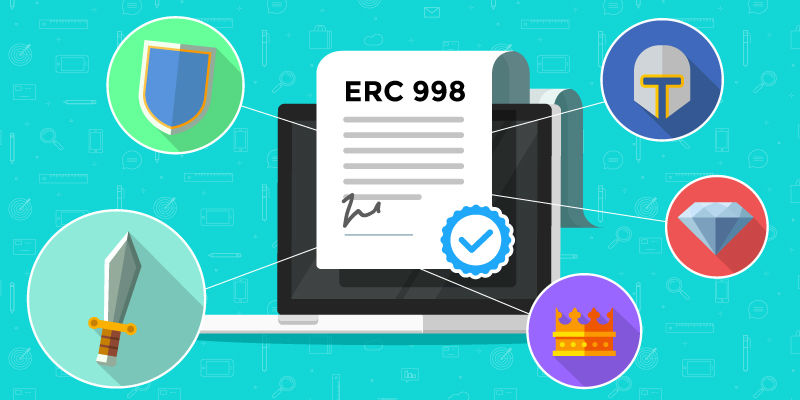In 2024, Meta confirmed that it has pinpointed three integral areas for technological transformation and growth in the Metaverse and beyond: the Metaverse’s continuing evolution, the emergence of on-device Large Language Models (LLMs), and the groundbreaking wave of mobile messaging. These industries represent the face of Meta’s vision for a digitally integrated future.
The Metaverse Evolution: Beyond The Hype
Meta has confirmed multiple advancements within the Metaverse, specifically insisting on its growing applications in the wellness, fitness, and education industries. The firm said in its blog post:
“While the hype cycle has moved on from the metaverse to AI, we remain committed to both.”
Moreover, Meta’s launch of “Caddy” has made various strides in boosting computer-aided design (CAD). It also supports collaborative 3D modelling across distances and makes the technology highly accessible to a bigger audience. Caddy offers the capability to view 3D models in cross-sections, create straightforward drawings, and measure digital and physical objects.
The precision and detail visible in the 3D models enable users to zoom in on small components such as batteries and sensors. The feature provides extensive insight into the assembly and structure of different items.
The Rise Of On-Device LLMs
The shift of artificial intelligence (AI) processes from centralized cloud computing to localized edge devices is redefining user experiences, guaranteeing more customized interactions and reduced latency. Incorporating on-device LLMs heralds a new era where mobile devices evolve beyond communication tools into intelligent assistants.
Based on Meta:
“We’ll arrive at a hybrid model where some tasks are completed by LLMs running on the cloud while others take place on our phones in the palm of our hands, or even on a pair of stylish smart glasses”.
Meta’s incorporation of AI into Ray-Ban smart glasses blends style with smart technology, displaying the potential of wearable tech to serve as intuitive, on-the-go assistants for tasks such as language translation and content creation.
On the other hand, Google is optimistic about introducing its advanced artificial intelligence models to smartphones within the coming year. The firm expects that its Gemini large language model (LLM), a major competitor to Microsoft-backed OpenAI’s GPT-4 AI model, will start getting incorporated into devices from 2025.
Mobile Messaging
As artificial intelligence becomes more dominant and entrenched in daily life, expectations surrounding brand interactions keep evolving. Meta’s boost of business messaging tools across its platforms strives to offer businesses a highly intimate way of linking with customers. Furthermore, Meta Connect 2023’s AI studio launch supports the creation of personalized AI assistants that align perfectly with brand identities and consumer preferences for more customized communication.
In 2024 and beyond, Meta seems to be focusing on three essential areas: boosting the Metaverse, refining on-device AI for customized interactions, and evolving mobile messaging. In general, this strategy reflects a widespread trend in technology towards highly immersive, customized, and efficient digital experiences.






